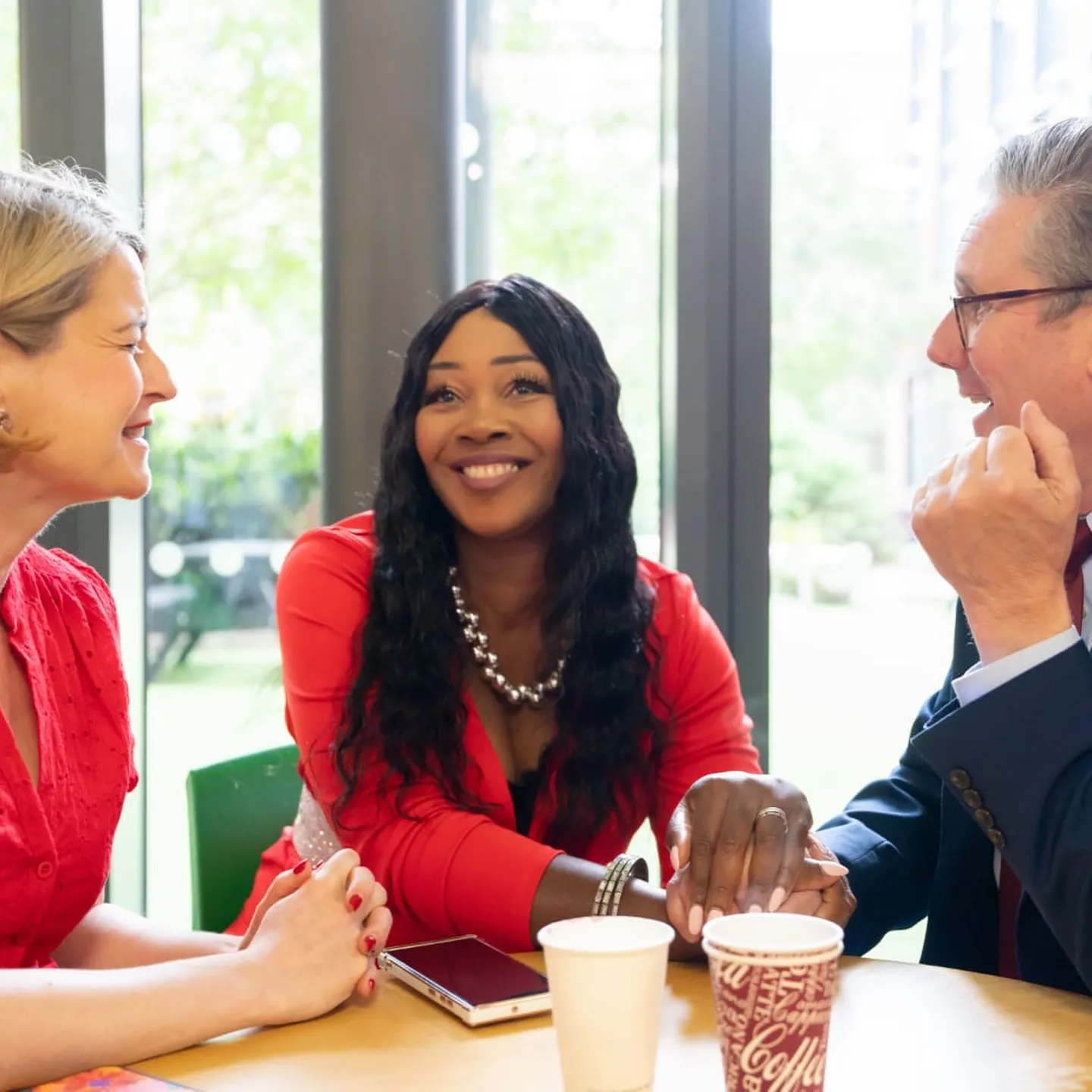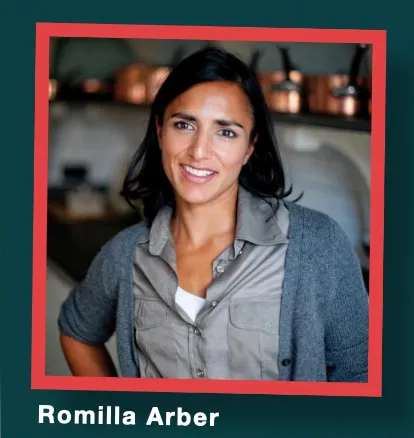
Anyone reading this article will agree that the state of knife crime in cities across the UK is a stain both on our society and our nation. How we got to this situation is not easy to explain but there are a number of factors which are believed to have contributed to the increase. These range from a growth in gangs, less police resources, greater and more dense deprivation in cities, the fear many young people feel when moving about away from their homes, lack of good role models, and an education system that is easy to fall out of. The list of combined probable causes is long and therefore the solution to the rise in knife crime also has to be multi-faceted. There is not a single solution to the problem. By the same measure, neither is there a short-term solution. The causes of knife crime are structural and societal and they will require long term vision if they are to be solved and the tide turned.
Pastor Lorraine Jones-Burrell and I founded the Make It Stop Campaign knowing that to have a meaningful and long-lasting impact on knife violence would require a steely determination and a focus on the goal. Pastor Lorraine has been involved in this area for many years. Her son Dwayne was killed by a sword wound to his heart 10 years ago, when he was intervening to help someone in trouble. Pastor Lorraine had to watch her son die over an agonising period of two days whilst he fought to stay alive. Since then, she has been campaigning to reduce knife violence on the streets of the UK and helping to support those most in need in her community, through her boxing gym and community centre. She has also supported many victims' families and helped them deal with the loss of their loved ones. It was her powerful demeanour and words that got me involved when I saw her being interviewed on a news programme and I reached out to her.
The strategies that we have formulated through the Make It Stop campaign are easy to grasp but not so easy to implement as they require a level of involvement and cohesion from communities that have lost faith and hope in change being possible. These communities have suffered long term austerity and a breakdown in trust with authorities to which, once upon a time, they would have felt confident to turn for help. A feeling of hope needs to be recharged and that is what we at Make It Stop are endeavouring to do. The foundations for creating change exist. Despite the battering that these communities have suffered, there are individuals and groups amongst them who have stubbornly refused to be deterred by a lack of sustainable funding and help from the government. Over the last few months I have met many awe-inspiring people, who continue to work for their communities, reaching those most in need. These individuals and groups are the glue that holds communities together. They provide valuable services from counselling for mental health trauma caused by violence or the fear of violence, sports organisations whose coaches build vital relationships with young people and provide them with opportunities to prosper through sporting activity. They educate young people about making better choices, they provide musical opportunities to relieve stress and inhibitions, building confidence through self-expression and they provide careers and training guidance to those young people who have fallen out of full time education, training or employment. The list goes on, and the true value of their work is impossible to quantify. One of the aims of Make It Stop is to unite all of these voluntary groups, charities and CICs who are working to affect the causes and consequences of knife crime, to form a working group of organisations to target those in greatest need, collaborating and sharing skill sets and energy to save resources.
That is just the start. In order to work effectively with grassroots organisations, we need to ensure they have adequate and sustainable funding. This will involve raising funds, through the private sector, the public sector and from individual donations. We are contacting all companies who have offices or outlets in London, to challenge them to get involved. Knife crime is not just a problem that affects those directly involved because of where they live or work. It affects us all. There is a terrible human cost, a societal cost and a cost to our economy from the growth in violent street crime. Speaking recently to an accident and emergency doctor who has to regularly deal with knife wounds, she said that 15 medical professionals are required in a trauma theatre when someone comes into hospital with life threatening knife wounds. That is a huge amount of resources required.
Make It Stop is intended to be a nationwide campaign but we are focusing initial efforts on the London boroughs of Lambeth and Southwark in order to see what works and what doesn’t and build metrics to measure success and impact. We also need to build a base of support as we cannot do this on our own.
We are also working with the education sector forming a network of head teachers from primary and secondary schools across the two boroughs. Schools are the bridge to the community, where young people at risk can be more easily identified early on.
There is much to do and it will require all of us to come together. There are 100 pieces to the Make It Stop campaign all of which need to be implemented and set in place if there is to be meaningful change. From creating a platform for the voice of all victims' families, introducing parental engagement programmes in communities to help families understand and deal with the issues that their young people are experiencing, and give them courage to ask for help if they need it. More safe places need to be created for young people to meet or study, whether these are community centres or extended hours school hubs. There also needs to be a consistent approach adopted by the police to the offence of carrying a bladed implement in a public place. A first possession offence should be met with a combined agency approach involving school, family, Youth Offending Teams and the police so that an agreed action plan with that individual can be put in place, hopefully preventing escalating behaviour.
Much of the early stages of our campaign lies in communicating the need for the building of bonds and creating the foundations for change. Make It Stop is different. It goes beyond the walls of the meeting place out into the community with action and resolve to make a difference. Make It Stop is also about creating grounds for hope. This doesn’t mean ignoring the realities of how tough change can be to foster or ignoring the grief that many families have had to suffer as they have seen loved ones affected by knife violence. Hope is about facing these realities, these challenges and saying that “yes we see them but we aren’t going to let them get in our way.” Make It Stop is about building a collective strength so that our hopes for a brighter and better future become the reality.
Please support our campaign by signing up to our newsletter or volunteering or indeed donating. You can contact us at www.makeitstop.org.uk

Romilla Arber
Co-Founder, Make it Stop Campaign
www.makeitstop.org.uk